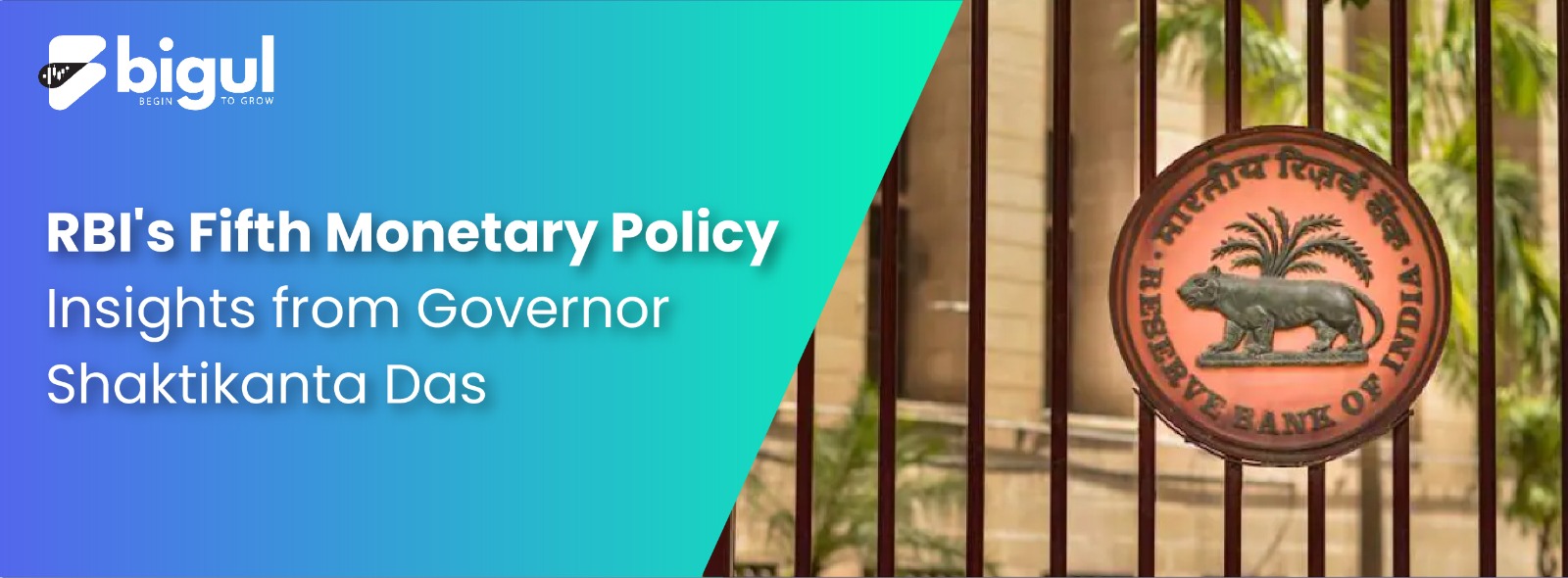Governor Shaktikanta Das led the Reserve Bank of India (RBI) in its recent monetary policy presentation on December 8. This policy update outlined various critical aspects that influence India’s financial landscape, ranging from interest rates to growth projections and regulatory frameworks.
Interest Rate Decisions
In a unanimous decision by the Monetary Policy Committee (MPC), the repo rate remains stable at 6.50%. Meanwhile, associated rates such as the standing deposit facility (SDF) rate at 6.25%, marginal standing facility (MSF) rate, and the Bank Rate remain unchanged at 6.75%.
Policy Stance
- Inflation Targeting Commitment: The RBI reaffirmed its commitment to maintain a target inflation rate of 4%. With current inflation levels surpassing this benchmark and the global economic climate appearing fragile, the RBI stands prepared to intervene when necessary despite India’s commendable growth trajectory.
- GDP Projections: Anticipated Growth Figures Projections for the annual GDP growth for the fiscal year 2025 stand at 7%. The quarterly estimates highlight growth rates of:
- 7% for Q1FY25, and
- 5% for both Q2FY25 and Q3FY25.
- Projected Consumer Price Index (CPI) Inflation: The CPI inflation rate for FY25 is estimated at 5.4%. The quarterly projections indicate:
- 2% for Q1FY25,
- 4% for Q2FY25, and
- 7% for Q3FY25.
Framework for Connected Lending
Unified Regulatory Approach Governor Das emphasized the need for a comprehensive regulatory framework on connected lending for all regulated entities under the RBI. This move aims to fortify the pricing and management of credit by these entities, addressing the limitations of existing guidelines.
Weekend and Holiday Liquidity Access
Facilitating Fund Management Effective from December 30, 2023, the RBI’s decision allows the reversal of liquidity facilities, SDF and MSF, even during weekends and holidays. This measure anticipates improved fund management by banks and will undergo review after six months or earlier if necessary.
Enhanced Transaction Limits
The RBI proposed an elevation in the UPI transaction limit for payments to hospitals and educational institutions from Rs 1 lakh to Rs 5 lakh per transaction. This change aims to enable higher UPI payments for healthcare and education purposes.
E-Mandate Limit Adjustments
Under the e-mandate framework, the RBI suggested enhancing the limit requiring additional authentication for recurring transactions from Rs 15,000 to Rs 1 lakh. This adjustment primarily applies to mutual fund subscriptions, insurance premium subscriptions, and credit card repayments.
